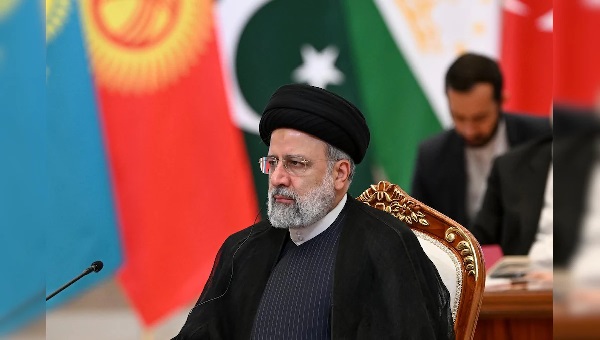Global Voice
Turkiye on Friday expressed its concern that tensions between Iran and Israel could turn into a wider conflict, calling on both countries to refrain from any steps that could escalate the conflict after an alleged Israeli attack against Iranian targets.
“In light of the latest developments, it is becoming increasingly evident that the tensions that were initially caused by Israel’s illegal attack on the Iranian embassy in Damascus risk turning into a permanent conflict,” the Turkish Foreign Ministry said in a statement.
The Ministry stressed that the priority of the international community should be to stop the conflict in Gaza and to ensure lasting peace in the region by establishing a Palestinian state.
Three explosions were heard in Iran’s central Isfahan province on Friday, Iran’s semi-official Fars news agency reported. The Fars later confirmed that anti-aircraft fire had caused the explosion-like sounds in the province. Russia’s warning
The West is teetering on the brink of a direct military clash between nuclear powers with its support for Ukraine, Russian Foreign Minister Sergei Lavrov said Monday.
Such a tendency is “fraught with catastrophic consequences” and indicates “serious strategic risks,” Lavrov said during a video message to a conference on nuclear non-proliferation in Moscow.
He noted that the world is now experiencing a crisis in arms control, disarmament and nuclear non-proliferation. Lavrov called for joint efforts to build a renewed international security architecture based on the principles of multilateralism, equality and indivisibility.
The foreign minister said Russia is ready to discuss ratifying the Comprehensive Nuclear Test Ban Treaty as soon as the United States does the same.
Russia revoked ratification of the treaty in November last year. Signed in 1996, the treaty is a multilateral agreement that bans all nuclear explosion tests conducted for peaceful or military purposes. Russia ratified the treaty in 2000, while the United States has yet to ratify it.





